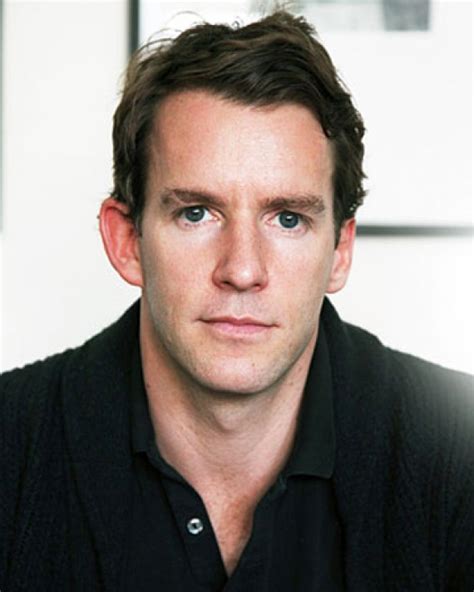A Quote by T. S. Eliot
After such knowledge, what forgiveness?
Quote Topics
Related Quotes
I've been interested in the idea of forgiveness and the necessity of it. I think of it as the most critical piece of any relationship, whether that be business, or romantic, or familial. We fail each other. We make mistakes. If we contract to go on after those mistakes, forgiveness is involved. Forgiveness is required.
Forgiveness does not mean that we suppress anger; forgiveness means that we have asked for a miracle: the ability to see through mistakes that someone has made to the truth that lies in all of our hearts. Forgiveness is not always easy. At times, it feels more painful than the wound we suffered, to forgive the one that inflicted it. And yet, there is no peace without forgiveness. Attack thoughts towards others are attack thoughts towards ourselves. The first step in forgiveness is the willingness to forgive.
The saved sinner is prostrate in adoration, lost in wonder and praise. He knows repentance is not what we do in order to earn forgiveness; it is what we do because we have been forgiven. It serves as an expression of gratitude rather than an effort to earn forgiveness. Thus the sequence of forgiveness and then repentance, rather than repentance and then forgiveness, is crucial for understanding the gospel of grace.






































